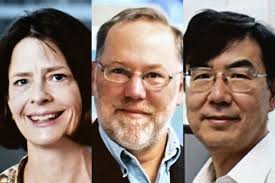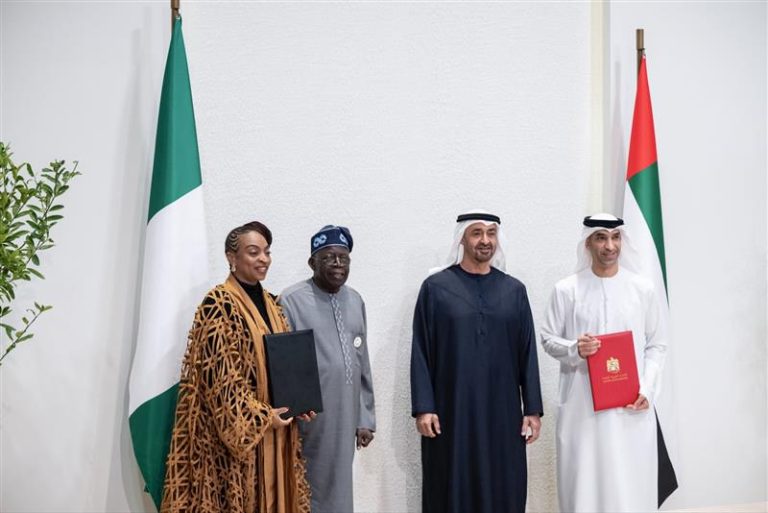
American scientists, Mary Brunkow and Fred Ramsdell, along with Shimon Sakaguchi of Japan, have been awarded the 2025 Nobel Prize in Physiology or Medicine for groundbreaking research that reveals how the immune system distinguishes between harmful invaders and the body’s own healthy cells, a discovery that could transform the treatment of autoimmune diseases and cancer.
Announcing the award on Monday, Sweden’s Karolinska Institute said the trio’s discoveries shed new light on peripheral immune tolerance, the mechanism that keeps the immune system in check while allowing it to combat infections.
“Their work explains how we keep our immune system under control so we can fight all imaginable microbes and still avoid autoimmune disease,” said Marie Wahren-Herlenius, professor of rheumatology at the Karolinska Institute.
The laureates were honored for identifying and characterizing regulatory T cells, a specialized class of white blood cells that act as the immune system’s internal regulators, or, as Wahren-Herlenius described, “its security guards,” ensuring that immune cells do not mistakenly attack the body’s own tissues.
Brunkow and Ramsdell’s research led to the discovery of the FOXP3 gene, a key marker of these regulatory T cells. Speaking from her home in Seattle, Brunkow said she learned of her Nobel win in an unconventional way — awakened by her dog barking at photographers gathered outside her house.
“They’re rare, but powerful, and they’re critical for dampening an immune response,” she said, describing regulatory T cells as a “braking system” that prevents the immune system from turning against itself.
In Osaka, Sakaguchi expressed humility and surprise at the recognition.
“This is a discovery that changes how we understand the immune system. It opens new frontiers in preventing and treating diseases that arise when that delicate balance breaks down”, the committee said.
This year’s Nobel Prize in Medicine, administered by the Nobel Assembly at the Karolinska Institute, comes with an award of 11 million Swedish kronor (about $1.2 million) and a gold medal, to be presented later this year by Sweden’s King Carl XVI Gustaf.
The Nobel Committee praised the trio’s discoveries as a cornerstone in modern immunology, noting that their findings have paved the way for promising new therapies for autoimmune conditions such as type 1 diabetes, rheumatoid arthritis, and multiple sclerosis, as well as innovative cancer immunotherapies.



